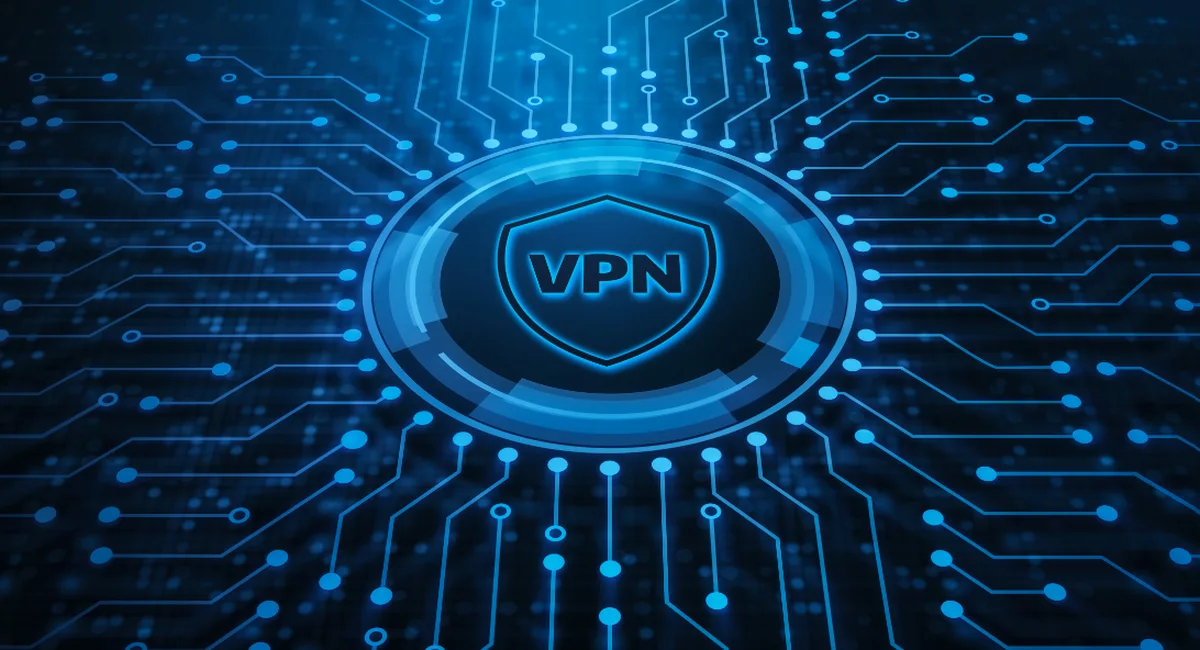21/10/2024
21/10/2024

Virtual Private Networks (VPNs) are often considered the go-to solution for maintaining online privacy and anonymity. By encrypting internet traffic and masking IP addresses, VPNs are intended to protect users from being tracked by third parties such as hackers, advertisers, or even governments. However, while VPNs offer significant privacy benefits, they are not foolproof, and there are scenarios in which users can still be tracked.
How VPNs Work
A VPN routes your internet traffic through an encrypted tunnel, connecting to a server operated by the VPN provider. This process hides your real IP address and replaces it with one from the VPN server, making it appear as though you're browsing from a different location. This adds a layer of anonymity, preventing websites, advertisers, and other entities from identifying your exact location or monitoring your browsing behavior.
When VPNs Can Be Tracked
VPN Logs and Data Retention: One of the key factors in determining whether a VPN can be tracked is the provider's logging policy. Some VPN providers keep detailed logs of user activity, including connection timestamps, IP addresses, and websites visited. In jurisdictions with strict data retention laws, authorities can request this information from the VPN provider, making it possible to track users. VPNs operating under "no-log" policies reduce this risk by not retaining such data, but not all VPN providers are trustworthy in this regard.
IP Leaks and DNS Leaks: VPNs can sometimes experience what’s known as IP or DNS leaks. An IP leak occurs when your real IP address is exposed despite being connected to a VPN. A DNS leak is when your DNS requests (which are queries to convert website URLs into IP addresses) bypass the VPN and are sent directly to your ISP. Both types of leaks can make it easier to track your activity and pinpoint your location.
Browser Fingerprinting: Even when using a VPN, websites can employ browser fingerprinting techniques to track users. This involves collecting information about your device, browser settings, installed fonts, and other unique characteristics. Since this data isn't altered by a VPN, websites may be able to identify you based on this fingerprint, even if your IP is hidden.
Cookies and Tracking Scripts: VPNs do not protect users from tracking via cookies or other tracking scripts that are installed on their devices while browsing the web. Even with a VPN, cookies can store identifying information that tracks your behavior across different sites, which companies or hackers can use to profile and track you. Clearing cookies and using private browsing modes can mitigate this risk.
Connection Timing Attacks: Advanced attackers could potentially use connection timing analysis to correlate your traffic patterns with the VPN server. By monitoring the timing of your connections to specific websites and comparing it to traffic on VPN servers, it's sometimes possible to trace activity back to a specific user, although this technique is rare and typically used in highly targeted investigations.
Compromised VPN Providers: If a VPN provider itself is compromised or cooperates with government authorities, user data may be exposed. In some high-profile cases, VPNs have been pressured to hand over data or assist law enforcement. In countries with heavy surveillance, VPN providers may be forced to keep logs or submit user data.
How to Improve Your Privacy
While VPNs can provide enhanced privacy, they should not be relied upon as the sole security measure. To minimize the risk of being tracked while using a VPN, consider the following steps:
Regularly check for IP and DNS leaks using online tools to ensure your real information is not exposed.
Use privacy-focused browsers like Tor or Brave, which block fingerprinting and tracking scripts.
Disable cookies and clear your browser cache regularly.
Enable multi-factor authentication (MFA) wherever possible to safeguard your accounts.
Use additional encryption tools, such as Tor, for higher levels of anonymity in sensitive cases
While a VPN significantly enhances your online privacy, it is not an impenetrable shield. By understanding its limitations and combining it with other privacy measures, users can better protect themselves from tracking and surveillance. As technology evolves, so do the tactics used by cybercriminals, law enforcement, and advertisers, making it crucial to stay informed about potential vulnerabilities in VPNs.


